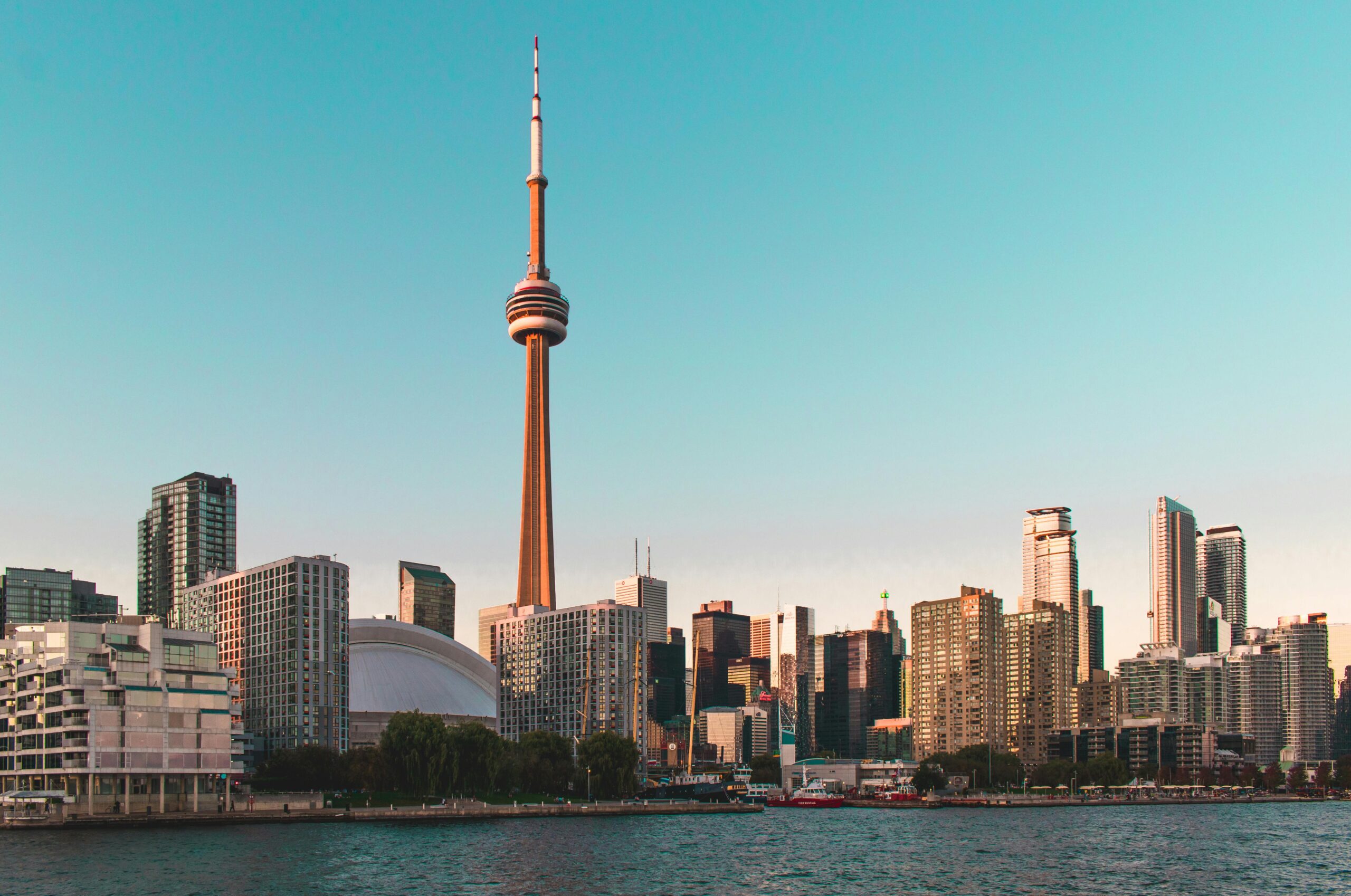Canadian travelers are asking important questions about potential restrictions on US travel. Can Canada tourism freeze US destinations? What would happen if Canada freezes US travel entirely? With changing international relations and economic pressures, understanding these possibilities has become crucial for anyone planning cross-border trips.
What Does “Canada Tourism Freeze US Destinations” Mean?
When we talk about Canada tourism freeze US destinations, we’re referring to potential government restrictions that could limit or halt Canadian travel to American locations. This could range from specific city bans to complete travel prohibitions across all US states.
A tourism freeze differs from temporary travel advisories. While advisories warn travelers about risks, a freeze actively prevents or strongly discourages travel through legal or economic measures. The question “can Canada tourism freeze US destinations” has a clear answer: yes, the Canadian government has the legal authority to implement such restrictions.
Current Canada-US Travel Landscape
Right now, millions of Canadians visit US destinations annually. Popular spots include:
- Florida beaches and theme parks
- New York City attractions
- California’s entertainment districts
- Las Vegas entertainment venues
- Hawaii’s tropical resorts
This massive travel volume generates billions in economic activity. Any Canada tourism freeze US destinations policy would dramatically impact both countries’ economies.
Can Canada Tourism Freeze US Destinations? Legal Authority Explained
Canadian authorities have multiple mechanisms available to limit cross-border movement. Under the Quarantine Act and other federal legislation, authorities can implement travel bans when public safety is at risk. The COVID-19 pandemic showed exactly how quickly Canada can freeze travel to international destinations.
During 2020-2021, Canada effectively froze most international tourism, including US destinations. This demonstrated that Canada tourism freeze US destinations scenarios aren’t just theoretical – they can happen rapidly when circumstances warrant.
The government can use various mechanisms:
- Complete travel bans
- Flight restrictions
- Economic penalties for travel
- Quarantine requirements that discourage tourism
- Embassy warnings that affect travel insurance
Scenarios Where Canada Freezes US Travel
Several situations could trigger a Canada tourism freeze US destinations policy:
Health Emergencies: If a major disease outbreak occurred in the US, Canada might quickly freeze travel to protect public health. The COVID experience proved that health-based travel restrictions gain broad public support when safety is at stake.
Security Threats: Civil unrest, terrorism, or major security incidents could prompt Canada to freeze travel to affected US regions or the entire country. The government prioritizes citizen safety over tourism industry concerns.
Economic Disputes: Trade wars or economic conflicts might escalate to tourism restrictions. While less likely, economic pressure through tourism limitations could become a diplomatic tool.
Political Tensions: Severe diplomatic disagreements could theoretically lead to Canada freezes US travel policies, though this would require extraordinary circumstances given the countries’ integrated relationship.
When Canada Freezes Flights: Immediate Impacts
If Canada freezes flights to US destinations, the effects would be immediate and widespread. Major airlines like Air Canada, WestJet, and regional carriers would suspend US routes. This creates a cascade of cancellations affecting:
- Business travelers with urgent meetings
- Families planning vacations
- Students attending US universities
- Medical tourists seeking US healthcare
When Canada freezes flights, alternative transportation becomes critical. Land border crossings might remain open even if air travel is restricted, though this depends on the specific nature of the freeze.
Canadian Travel Decline to the US: Current Trends
Even without formal restrictions, Canadian travel decline to the US has occurred due to various factors:
Economic Pressures: Currency exchange rates significantly impact travel decisions. When the When the Canadian dollar drops, trips to America cost Canadians more money.
Border Processing Delays: Longer wait times at border crossings discourage casual travel. Enhanced security measures, while necessary, can make US travel less appealing for short trips.
Alternative Destinations: Canadians increasingly explore domestic tourism or international destinations that offer better value or fewer travel complications.
Post-Pandemic Preferences: Some Canadians have shifted toward domestic travel after discovering local attractions during COVID-19 restrictions.
Economic Consequences of Travel Restrictions
A comprehensive Canada tourism freeze US destinations policy would create significant economic disruption. The tourism industry employs thousands of Canadians who facilitate US travel. Travel agencies, tour operators, and hospitality companies would face immediate revenue losses.
US tourist spots that rely on Canadians would lose big money.Border states like New York, Michigan, and Washington rely substantially on Canadian visitor spending. Major US tourist hotspots frequented by Canadians in Florida, California, and Nevada would experience significant financial losses.
The airline industry would face particular challenges if Canada freezes flights to US destinations. Major carriers have invested heavily in US route networks. Sudden restrictions would force airlines to redeploy aircraft and crews while dealing with massive cancellation costs.
Canadian Travel Decline to the US: Long-term Trends
Beyond immediate freeze scenarios, Canadian travel decline to the US reflects broader changing patterns:
Domestic Tourism Growth: Canadians increasingly appreciate domestic destinations, reducing dependence on US travel. Provincial tourism campaigns have successfully highlighted local attractions.
International Diversification: Canadians visit more different countries instead of mainly going to the US.
Cost Considerations: Rising travel costs, including currency exchange impacts, make US destinations less attractive for budget-conscious Canadian travelers.
Convenience Factors: Domestic travel often provides greater convenience and familiarity, appealing to travelers seeking hassle-free experiences.
Industry Response to Travel Restrictions
When Canada tourism freeze US destinations policies are implemented, various industry sectors respond differently:
Travel Agencies: Pivot toward domestic and alternative international destinations. Many agencies develop specialized Canadian travel packages to replace lost US business.
Airlines: Redeploy aircraft to permitted routes and increase domestic capacity. Some carriers negotiate with governments for essential travel exemptions.
Hotels and Resorts: Canadian hospitality businesses often benefit from redirected domestic tourism, while US properties lose Canadian revenue streams.
Technology and Communication During Freezes
Modern technology plays a crucial role when Canada freezes US travel:
Digital Notifications: Government apps and websites provide real-time updates about travel restrictions and policy changes.
Virtual Alternatives: Video conferencing and virtual tourism experiences partially replace physical travel for business and leisure purposes.
Booking Platforms: Online travel sites implement automatic refund processes and alternative destination suggestions when restrictions are announced.
Future Outlook for Canada-US Tourism Relations
Looking at what might happen with Canada’s US travel ban in 2025 and later, a few things will affect the rules:
Bilateral Cooperation: Both governments recognize the mutual benefits of tourism exchange and typically work to minimize disruptions.
Economic Integration: The deeply integrated nature of the North American economy makes prolonged tourism restrictions economically damaging for both countries.
Public Health Preparedness: Enhanced health monitoring and response capabilities may reduce the need for broad travel freezes in future health emergencies.
Diplomatic Stability: The generally stable Canada-US relationship makes politically motivated tourism freezes unlikely under normal circumstances.
Practical Advice for Canadian Travelers
Even with Canada’s US travel freeze, travelers can still protect themselves by taking smart steps:
Stay Informed: Regularly check government travel advisories and official announcements. Subscribe to relevant notification services for immediate updates.
Plan Flexibility: Build flexibility into travel plans. Consider destinations and timing that allow for easy modifications if restrictions emerge.
Financial Protection: Use payment methods that offer protection against cancellations. Many credit cards provide travel insurance benefits that cover restriction-related cancellations.
Professional Guidance: Work with experienced travel professionals who understand restriction policies and can provide expert guidance during uncertain periods.
Conclusion
The question “can Canada tourism freeze US destinations” has a straightforward answer: yes, Canada possesses the legal authority to implement such restrictions. However, the likelihood of comprehensive freezes remains low given the strong bilateral relationship and mutual economic benefits of continued tourism exchange.
Canadian travel decline to the US may continue due to economic factors and changing preferences, but dramatic government-imposed freezes would likely only occur under extraordinary circumstances. The COVID-19 pandemic provided a preview of how quickly travel restrictions can be implemented, but it also demonstrated the eagerness of both governments to restore normal travel patterns once conditions permit.
For 2025 travelers, the best approach involves staying informed, planning flexibly, and understanding both the possibilities and probabilities surrounding Canada tourism freeze US destinations scenarios. While restrictions remain possible, the enduring strength of Canada-US relations suggests that normal tourism patterns will continue for the foreseeable future.
Smart travelers prepare for various scenarios while recognizing that catastrophic restrictions remain unlikely. By understanding the mechanisms, monitoring official sources, and maintaining flexible plans, Canadian tourists can continue enjoying US destinations while remaining prepared for any changes that might affect their travel experiences.



